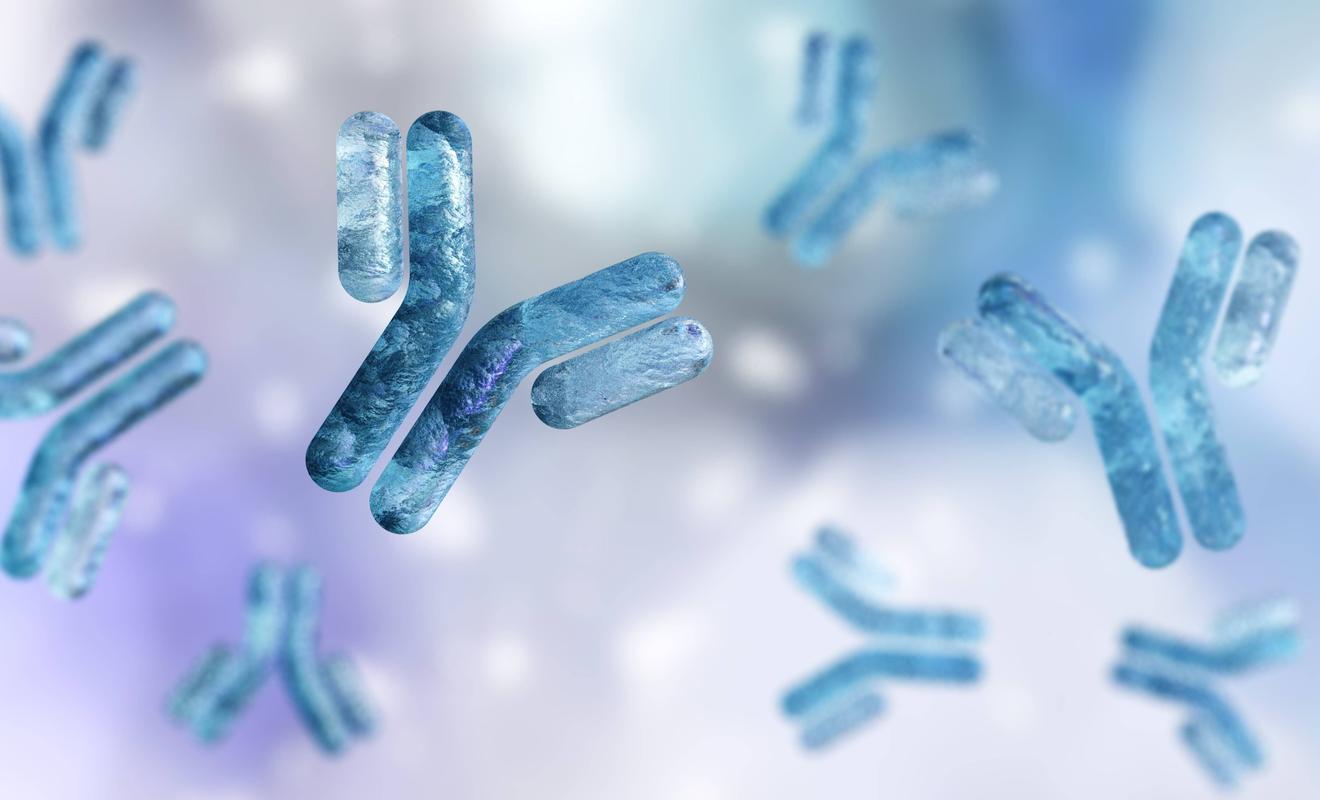Inflammatory systemic diseases are rare auto-immune diseases in which the immune system turns against several of its own organs or organ systems, such as joints, muscles, skin, lungs, kidneys and blood vessels. Examples are systemic lupus, systemic sclerosis, vasculitis and myositis.
Antibodies against own proteins or DNA
For these disorders, autoantibodies are often found in the blood. These are antibodies directed against specific body proteins or the patient's own DNA. Research into auto-antibodies can provide important information and can help the doctor determine which disorder he's dealing with.
Dr. Jean-Baptiste Vulsteke, trainee specialist doctor in rheumatology and doctoral researcher: “Most clinical labs use a standard ‘antinuclear’ test and a series of specific auto-antibody tests, but for many patients nothing can be found. This makes diagnosis and further treatment difficult. We've developed a new technique that can also detect until now unknown and very rare auto-antibodies. This gives us a better insight in the disease, the diagnosis and prognosis, and allows to better align the treatment with every individual patient.”
Prof. dr. Xavier Bossuyt, laboratory medicine doctor and principal investigator: “We've already discovered new auto-antibodies in three rare systemic diseases, including systemic sclerosis. Our first results show that the technique works better than classic lab tests. As a result we can reduce the group of patients without known auto-antobodies.”
In the future, this new methog will be further examined in national and international studies in patients with systemic diseases and possibly also other auto-immune diseases. Researchers hop to further map the landscape of auto-antibodies in systemic diseases.
By working together intensively, we try to provide the best care for each patient, no matter how rare the disorderProf. dr. Ellen De Langhe, rheumatologist and co-coordinator LeUZis
Interdisciplinary collaboration LeUZis
Research into auto-antibodies in systemic diseases is made possible by a strong collaboration between the attending doctors and supporting disciplines such as laboratory medicine. Since 2013 clinical expertise into inflammatory systemic diseases at UZ Leuven has been pooled in LeUZis, a collaboration between general internal medicine, rheumatology, nephrology, respiratory diseases, neurology, dermatology and paediatric medicine.
Prof. dr. Ellen De Langhe, rheumatologist, LeUZis co-principal investigator and co-coordinator: “Systemic diseases are complex and often require the expertise of several specialists. By working together intensively, we can provide the best possible care for every patient, no matter how rare the disorder.”
More information about the new technique
The technique is based on a special combination of immunoprecipitation to separate antibodies and mass spectrometry to identify them and measure the amount.
